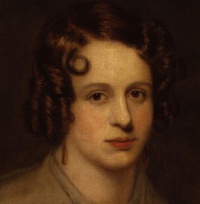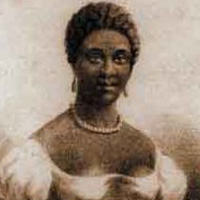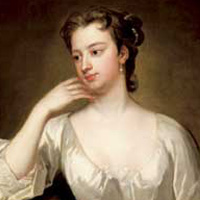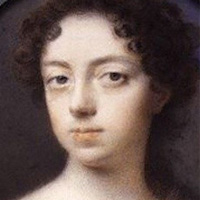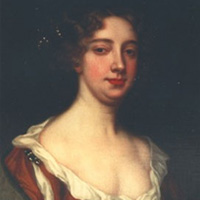A Musical Instrument by Elizabeth Barrett Browning: Summary and Analysis
A Musical Instrument, the poem written by Elizabeth Barrett Browning begins with a question as the great god Pan, the god of Pastures is seen by the riverside in the rising violent mood. The answer lies in the title of the poem itself as it contains a symbolic meaning of the whole poem which holds the myth behind.


